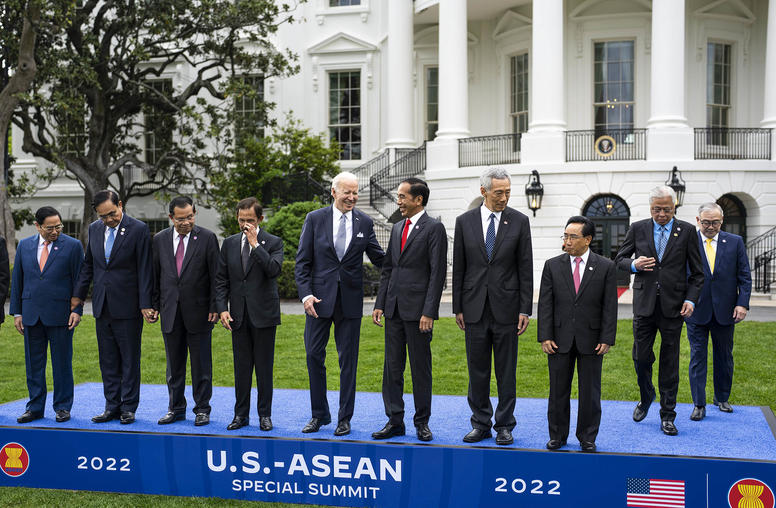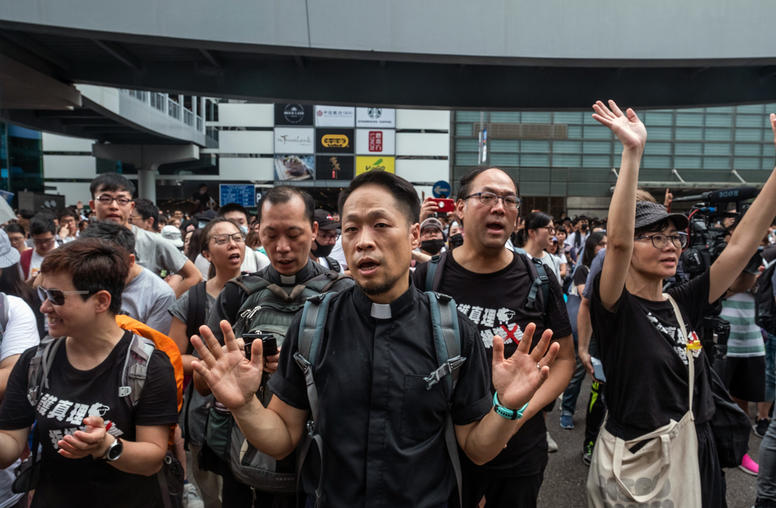Sandra Tombe, Ph.D.
Contact
Please submit all media inquiries to interviews@usip.org or call 202.429.3869.
For all other inquiries, please call 202.457.1700
Dr. Sandra Tombe is a research program officer on the learning, evaluation and research team at USIP, where she supports research, research ethics and institutional learning.
Dr. Tombe joined USIP after six years of teaching language courses, conflict theory and research methods and methodology in institutions of higher learning. She brings professional experience from the Transparency & Accountability Initiative, the Elliott School of International Affairs at George Washington University, the Jimmy and Rosalynn Carter School for Peace and Conflict Resolution at George Mason University, the University of Louisville, and, most recently, as a member of USIP’s Africa Center, nonviolent action team and religion and inclusive societies team.
Dr. Tombe earned her doctorate from George Mason University. Her dissertation examines the transnational mobilization of diaspora communities by violent non-state actors from Cameroon and South Sudan. She received her master’s in French from the University of Louisville and her bachelor’s in international relations and French from Berea College.
Dr. Tombe’s research has been published in the Journal of Modern African Studies, the African Centre for the Constructive Resolution of Disputes, and in an edited volume. She is fluent in French, Arabic, Juba Arabic and Bari.

